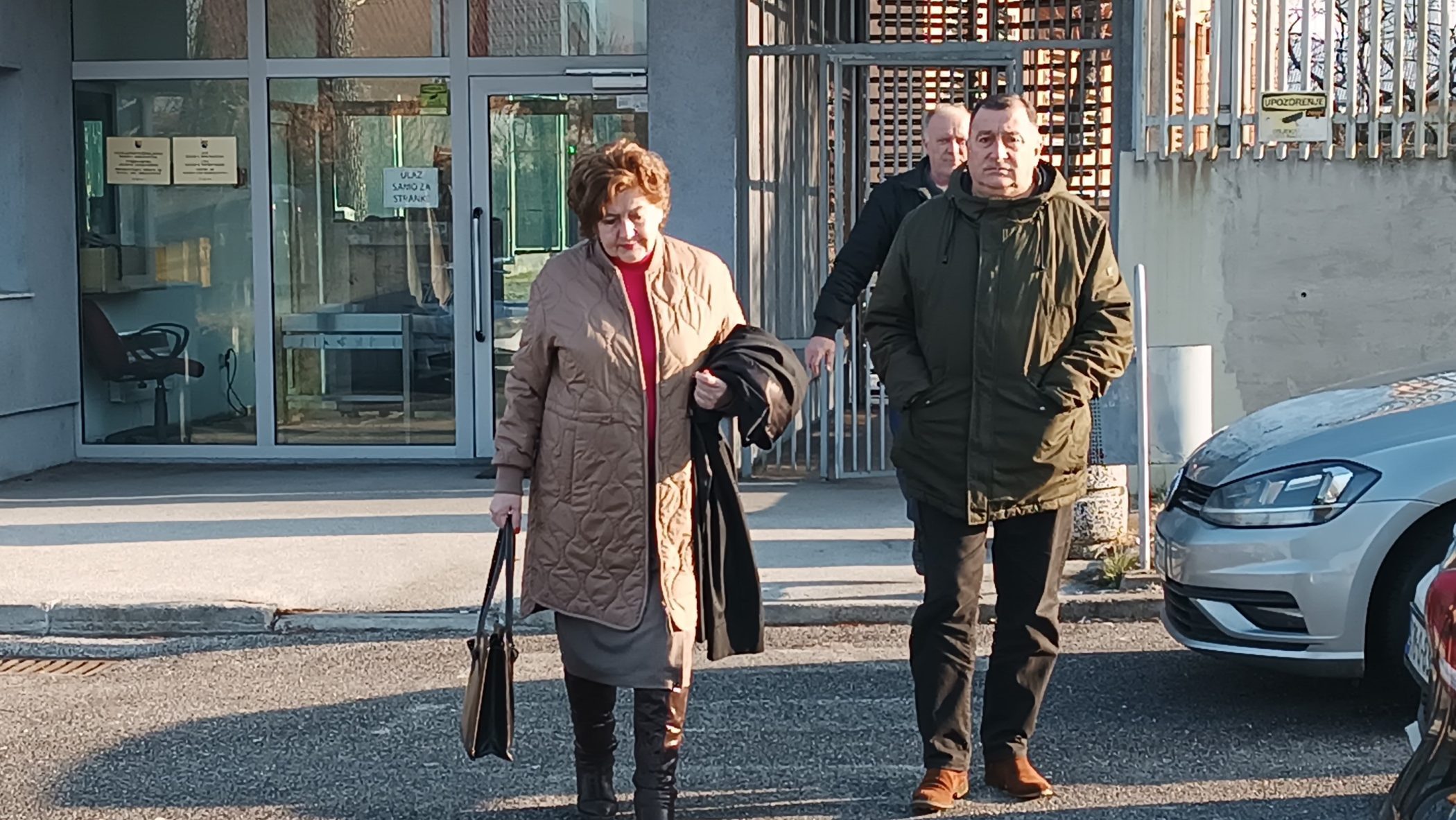This post is also available in: Bosnian
Mithat Novalic, a former member of the Croatian Defence Council, HVO, suspected of involvement in the murders of nine Bosnian Army soldiers in 1992, has been released from custody after prosecutors at the State Court’s war crimes chamber failed to file charges against him in time.
According to the existing law in Bosnia and Herzegovina, war crimes suspects can be detained for a maximum of six months without charge. If an indictment is not confirmed in that time, the individual must be set free.
Novalic’s stay in custody has already been extended twice since his arrest on December 28, 2005. At the end of March, prosecutor Vesna Tancica argued that she and her colleagues needed more time to question witnesses.
The prosecution has rejected calls from Novalogic’s lawyer, Kadrija Kolic, for his client’s release, arguing that he could influence witnesses or go on the run.
Also in March, prosecutors announced that they are waiting for the results of a DNA analysis of blood samples from the crime scene. Traces of blood were apparently found there which did not belong to any of the murdered persons and which the prosecution thought might belong to one of their attackers, possibly Novalic.
The nine Bosnian army soldiers were allegedly murdered on July 12, 1992, on the road between Repovci and Bradina, in Herzegovina. They have been named as Aziz Jusufovic, Isak Ljevo, Drazen Pandza, Jasmin Radaslic, Ibrahim Mangic, Salem Memic, Sefik Ajanovic, Dzemal Ferhatbegovic and Ibrahim Jusufbegovic.
At the time of the alleged crime, Novalic was a member of the HVO. The following year, he left Bosnia for Germany.
Prosecutors said in March that a number of investigations have been launched in connection with the incident over the past 13 years, but that none have been completed. They also announced that they have 60 to 80 witnesses in the present case.
“We will find out why the evidence was destroyed, why the investigations gave no results, what happened – that is our obligation to the victims’ families,” Tancica said in court.


